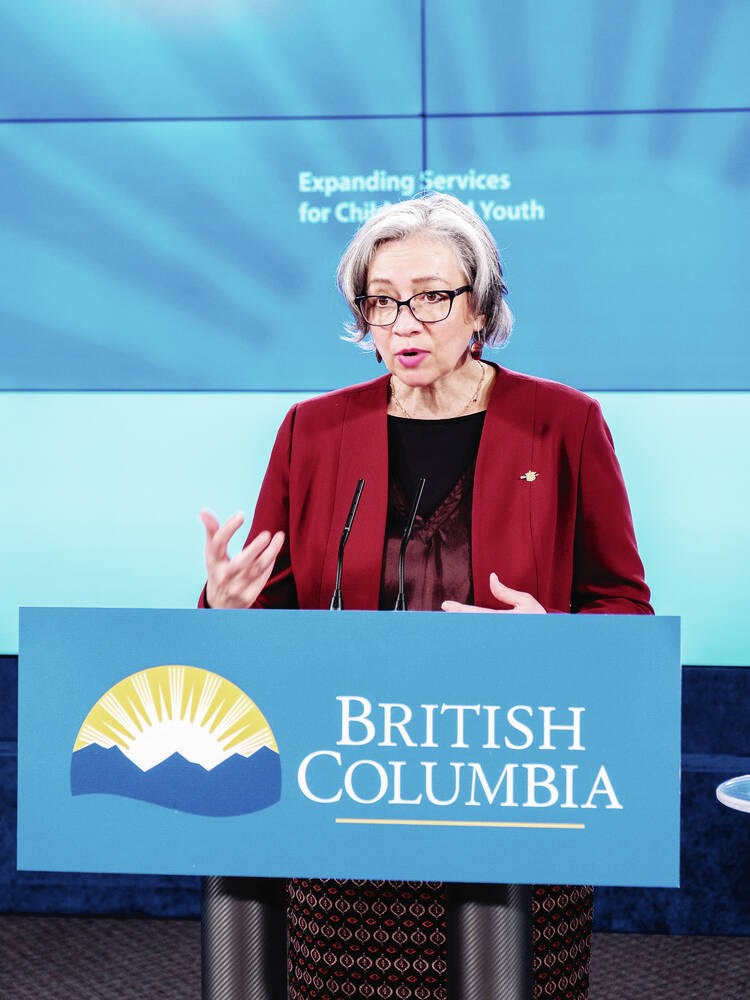The value of large-scale standardized testing in the search for educational improvement always stirs vigorous debate, but the value of this scale of testing and the ensuing debate depends largely on what information the test does or does not provide and what is done with the results.
At one end of the testing debate spectrum is Harvard College, the undergraduate liberal arts program available at Harvard University, which announced recently that “due to the ongoing coronavirus pandemic” it would not require applicants to submit American College Testing or the Scholastic Aptitude Test standardized testing scores as admission requirements for its upcoming classes of 2027, 2028, 2029 and 2030. The college had previously waived standardized test scores for the class of 2025 and 2026 — “due to the pandemic,” it said.
Maybe so, but, according to the advocacy group Fair Test, more than 1,800 other post-secondary schools across the United States no longer require the ACT or the SAT scores as a prerequisite to apply for college admissions to the fall 2022 class.
Groups such as the National Education Association are fully supportive of this change in post-secondary admissions practices, saying that standardized tests, especially large-scale standardized tests, have been “instruments of racism and a biased system.”
In contrast, here in B.C., the testing debate continues in the form of a boil over of what was the previously just simmering discontent on the part of a group of First Nations leaders who are calling out the B.C. Teachers’ Federation over the union’s long-standing campaign against large-scale standardized testing for young students.
The BCTF has opposed the government’s province-wide Foundation Skills Assessment tests, which are administered annually to all, or nearly all Grade 4 and Grade 7 students and which focus on literacy and numeracy. The opposition is based on what the union calls a waste of resources and teacher time.
Unfortunately, what undermines any useful pre-emptive analysis of the results by anyone who is party to the debate are two things: firstly, that only 52 per cent of B.C. Grade 10 students completed the Grade 10 Literacy Assessment in 2019/20 and, secondly, that only 47 per cent of B.C. Grade 10 students completed the Grade 10 Numeracy Assessment also in that year.
Nonetheless, the seven Indigenous leaders representing the First Nations Summit, the Union of B.C. Indian Chiefs and the B.C. Assembly of First Nations sees value in the FSA results, especially as they apply to First Nations kids in the public education system.
The group wrote to B.C. Minister of Education Jennifer Whiteside last month, expressing “serious concerns” about the “ongoing targeted attack” against the tests.
The First Nations leaders say the FSA program is a critical tool to assess how the education system is serving First Nation children and to identify gaps and help allocate resources.
As Kukpi7 Jody Wilson, secretary-treasurer of the Union of B.C. Indian Chiefs told Global News: “There is a clear need for system level data that provides evidence of how well [the] education sector is meeting the needs of specific populations, including our First Nations students.”
Whether or not this brings the FSA into politically and educationally perilous territory is arguable. But, to my knowledge, there has never been any attempt to use FSA results to identify the racial, economic or social characteristics of individual Grade 4 or Grade 7 kids taking the test — nor should there be.
Unfortunately, once again, what adds fuel to the testing debate fire is not the legitimacy of the test itself or the time and resources needed, but the inevitable politicization of the results when organizations such as the Fraser Institute use FSA results, school by school, to create an annual widely publicised FSA based “ranking” of schools, public and private.
That, say the seven Indigenous leaders, is what can be interpreted as comparing schools along social, racial or economic lines and is divisiveness at its worst — and they’re right about that.
So how about this? Starting with post-secondary admission requirements, let’s keep it simple. Right now, most Canadian universities (and many U.S. institutions are following suit) now grant first-year admission based substantially on academic marks gained in high school, with an overall average of at least 70 per cent depending on the faculty.
Exceptions include law faculties that require an undergraduate degree and success on the Law School Admission Test, based mainly on critical thinking and logic as indicators of potential success as a lawyer.
And for the FSA, everybody at grade 4 and 7 does it — or nobody does it. All student results, such as they are, go to the school board office for analysis — nowhere else. The results are used only to assist the district in the allocation of its resources.
After all, the best decisions are usually made nearest to the consequences of that decision.
Geoff Johnson is a former superintendent of schools.



